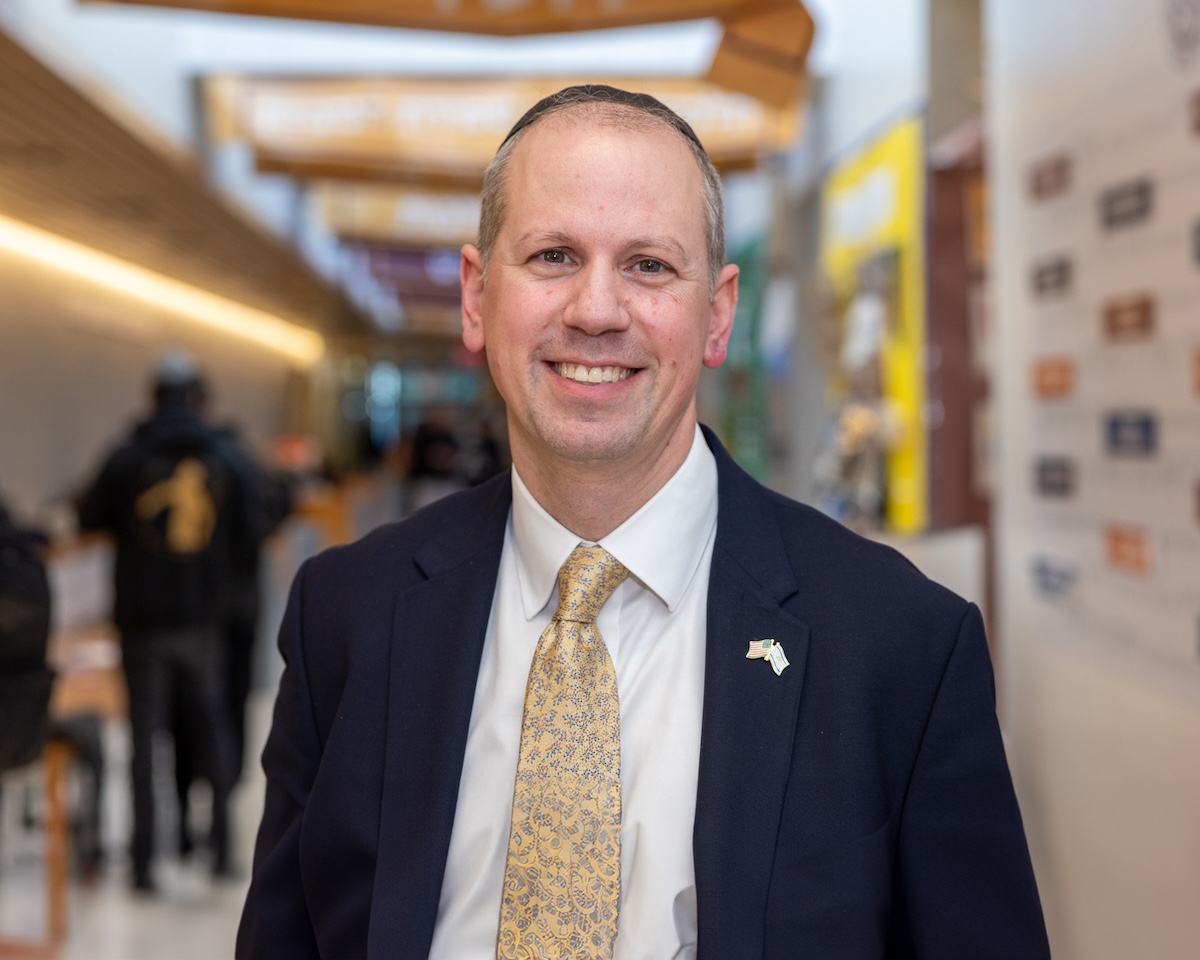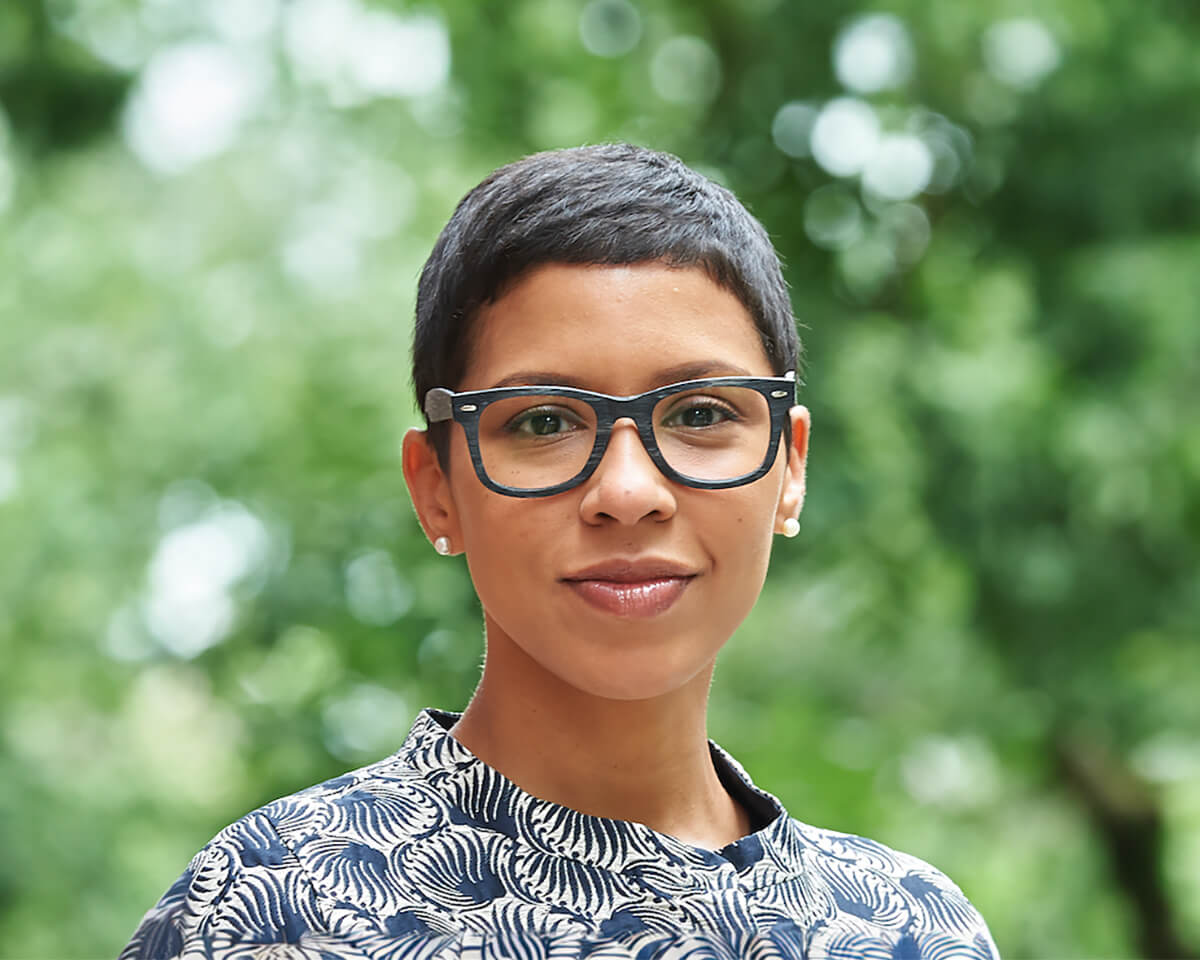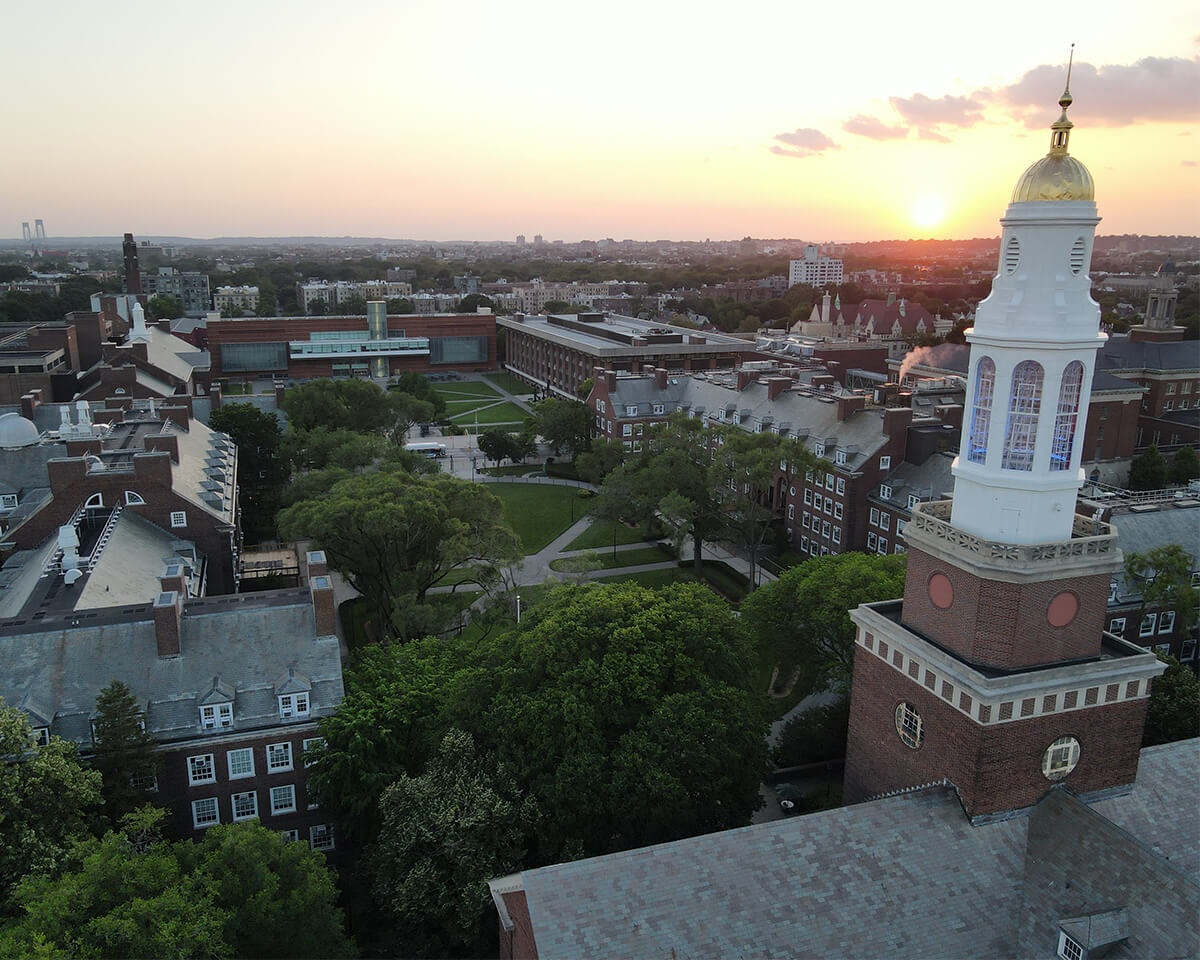When Rabbi Joseph Beyda ’16 M.S.Ed. was tapped to lead the Yeshivah of Flatbush Joel Braverman High School in 2021, it was the culmination of a more-than-20-year career as an educator and administrator at the institution.
Beyda earned a bachelor’s degree in accounting from Yeshiva University in Manhattan. He then entered Brooklyn College, where he attended the educational leadership program. In spring of 2000, he received his rabbinical ordination from the Sephardic Rabbinical College in Brooklyn and began serving as a rabbi at Congregation Bnei Yitzhak. An ardent advocate of both Jewish and secular education, he plans to continue expanding and enriching the school’s mission of combining Torah B’Ivrit (immersion) and general studies. Here, he talks about his switch from accounting to education, his career path to the Yeshivah of Flatbush, and his plan to reach out to colleges and universities to open the way for students considering higher education.
Can you tell us a bit about your background?
I was born in Manhattan but grew up on the Jersey Shore. I married a girl from Brooklyn—my wife, Yvette, is also a BC grad!—and have lived in Brooklyn ever since.
What drew you to Brooklyn College?
I was drawn to the college’s graduate program for educational leadership because it was local and was extremely practice-oriented. There were excellent mentors in the program who shared their years of experience with me. The late educational leadership professor Robert Leder, of blessed memory, was instrumental in shaping my approach to guiding teachers. And Hal Epstein, an adjunct professor in the School of Education, stressed the importance of communal relationships.
I started as a financial statements auditor at Deloitte but found my calling as a rabbi and a classroom teacher. As I grew in my career in education, I saw that I would be well served by training in educational leadership. The knowledge, experience, and degree I received at Brooklyn College were critical to my career advancement.
Can you tell us about your time as a high school teacher?
Before taking on administrative duties, I spent nearly 15 years as a classroom teacher. Even as an administrator, I’ve continued to teach a course or two each year. Teaching has always been a passion; I love shaping young people’s minds by challenging them to think and supporting them as they work out answers to important questions.
What were your immediate goals when you became head of Yeshivah of Flatbush Joel Braverman? You were previously the principal.
My immediate goal was to reorganize the way our leadership team worked. This involved promoting a number of colleagues, hiring others with fresh perspectives, and redesigning our organizational chart to match our needs for growth and innovation. Building and maintaining a balanced team with members who trust one another has allowed us to undertake a number of other initiatives that have impacted the school: a renewed focus on religious growth, including alternative methods for assessing student learning, changing our methods of faculty supervision and development, revamping our college guidance program, and redesigning the way our schedule works.
You were also the head rabbi of Bnei Yitzhak Congregation.
For over 20 years, I served as a pulpit rabbi in Congregation Bnei Yitzhak in Brooklyn. In that role, I was blessed to develop rewarding relationships with dozens of families. When I took over the headship at Flatbush, I felt that I had to let someone else take the reins.
You have been described as an agent of change for the Yeshiva of Flatbush. Could you discuss your role as such?
The Yeshivah of Flatbush has been a flagship institution for American Jewish education for nearly 100 years. The school has been successful for as long as it has because its leaders have never rested and were not content with “good enough.” I’m blessed to have the opportunity to continue that tradition of seeking constant improvement.
One of the 10 Core Values of the school is the study of the sciences, humanities, and the arts. Does this value include preparing for higher education?
We believe the study of the arts, sciences, and humanities is a religious imperative and an important part of being a good person. Upon graduating from high school, our students are expected to continue their education at the university level and beyond.
The high school’s history states that Flatbush Yeshivah “evolved into a unique complement of Jewish and American values that focus on all aspects of education.”
Our school was founded at a time when Jewish people were learning to strike the right balance of holding onto their traditions while integrating into American society. Our answer has been to have a rigorous course of study in both Judaic subjects and the kind of secular subjects one would expect in a prestigious independent school. This prepares and encourages students to, in a manner consistent with their Jewish values, find their unique ways to impact the world for the better.
How do you think yeshivas can work with higher education in service to your students?
It would be an excellent idea to invite students in 11th and 12th grades to visit campuses and see what higher education offers. I envision our students interacting with faculty and student leaders and visiting labs and other specialized facilities.
Do you see the vision becoming a reality any time in the near future?
I’ve been fortunate enough to have conversations with Brooklyn College about this, and I believe we can begin to materialize some of these ideas there in the not-too-distant future.



